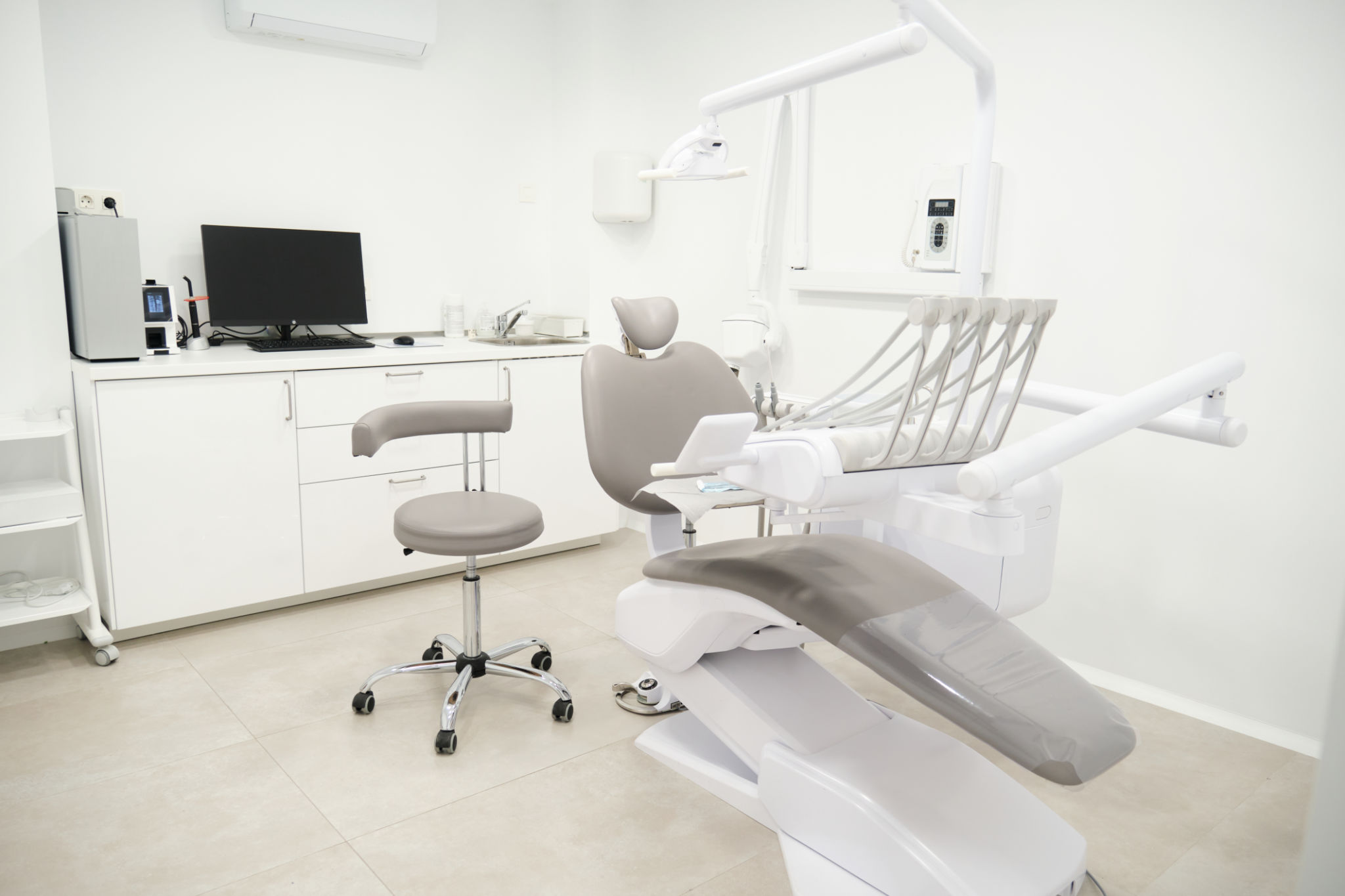Common Dental Myths Debunked: Insights from Oral Wellness
OW
Brushing Harder Means Cleaner Teeth
One of the most common dental myths is that brushing harder will lead to cleaner teeth. In reality, applying excessive pressure can damage your gums and enamel, leading to increased sensitivity and even gum recession. Instead, focus on using a soft-bristled toothbrush and gentle, circular motions to effectively clean your teeth without causing harm.

Bleeding Gums Are Normal
Many people believe that bleeding gums during brushing or flossing is normal. However, this is often a sign of gum disease, such as gingivitis, which can progress to more serious conditions if left untreated. Regular dental check-ups and proper oral hygiene can help prevent and treat gum disease.
Proper Flossing Technique
Flossing is essential for removing plaque and food particles from between your teeth, yet many people skip this step due to discomfort or bleeding. To floss effectively, use a gentle sawing motion and curve the floss around each tooth to reach below the gum line.

White Teeth Are Healthy Teeth
While white teeth can be a sign of good oral hygiene, they are not always an indicator of overall dental health. Some dental issues, like cavities or infections, may not affect the color of your teeth. Regular dental visits are crucial for detecting problems that may not be visible to the untrained eye.
Teeth Whitening Myths
There are numerous misconceptions about teeth whitening, such as the belief that it can damage your teeth. When performed correctly by a professional, teeth whitening is safe and effective. Over-the-counter products, however, should be used with caution and according to instructions.

Baby Teeth Don't Need Much Care
It's a common misconception that baby teeth aren't important because they eventually fall out. However, maintaining the health of primary teeth is crucial for proper speech development and alignment of permanent teeth. Establishing good oral hygiene habits early on sets the foundation for a lifetime of healthy smiles.
The Importance of Fluoride
Fluoride is often misunderstood, with some believing it is harmful. In fact, fluoride plays a critical role in strengthening tooth enamel and preventing cavities. Many dental products and community water supplies contain fluoride to help support oral health.

You Can Skip Dental Visits If You Have No Pain
Another widespread myth is that you only need to visit the dentist when you're in pain. Regular dental visits are essential for early detection of potential issues, even when you feel fine. Routine cleanings and exams help prevent problems before they become painful or costly to treat.
Preventive Care Benefits
Preventive care can save you time, money, and discomfort in the long run. Dental professionals can identify early signs of decay or disease, providing treatment options that are less invasive and more affordable than those required for advanced issues.
